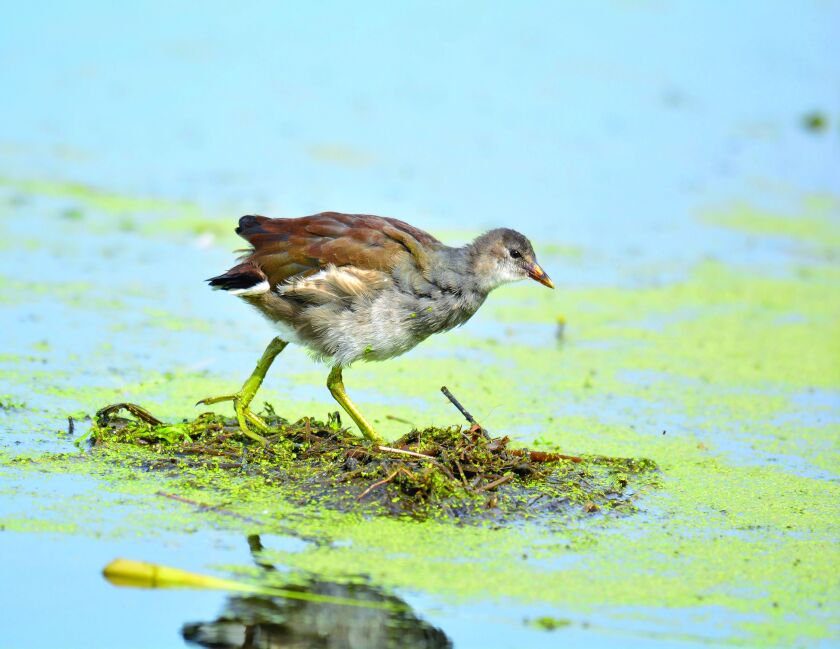Wetlands restoration in Southeast Chicago and Northwest Indiana is one of the most critical environmental priorities across the Great Lakes, say conservationists who are trying to reverse a decades-long trend of declining bird populations.
The National Audubon Society’s Great Lakes office designated the Calumet region as one of a dozen of the most threatened areas for birds, emblematic of a greater problem for humans, due to pollution, development and climate change.
“Birds are an indicator for broader environmental problems,” said Nat Miller, conservation director at Audubon Great Lakes.
Across North America, about 2.9 billion birds died over the past 50 years and a number of bird species are now endangered, Miller said. In Illinois, there are almost 30 endangered or threatened bird species. The group is laying out plans for restoration of thousands of acres of coastal wetlands in Chicago and Northwest Indiana.
In the Calumet, some wetland projects have actually brought a small number of birds back — at least 11 species now populate around Big Marsh Park on the Southeast Side compared with only two in 2015, the group says. Two species, the Least Bittern and the Common Gallinule, are breeding at the Southeast Side park after not being detected in the area in more than a decade, Audubon officials say.
But much more is needed or the decline in bird populations will continue.
The Calumet is one of the “hot spots across the region,” Miller said.
Audubon is working with a number of government agencies, including the Forest Preserves of Cook County to remove invasive plants, and the Chicago Park District and others on water management.
Illinois and Indiana expect to begin work on a massive engineering project this year to join Powder Horn Lake with Wolf Lake.
In January, the board of the Metropolitan Water Reclamation District signed a 37-year lease agreement to the Chicago Park District for almost 80 acres of land east of Stony Island Avenue between 122nd and the Calumet River for restoration of an area known as Deadstick Pond, already a popular location for birders. The lease has a nominal fee of $10.
Miller says Deadstick needs work to remove invasive plants and improve water control. “The birds are moving out,” he says.
The Southeast Side was once largely marshland before the steel mills dumped slag and other materials into wetland areas. The still largely industrial area has seen some natural restoration slowly take hold.
“Many people don’t recognize those areas as treasures,” said Peggy Salazar, director of the Southeast Environmental Task Force.
Audubon has been involved in some of the initiatives on the Southeast Side and in recent weeks, a Chicago-based organizer with the group sent a letter to the city asking Mayor Lori Lightfoot to deny a permit for the relocation of General Iron to the Southeast Side.
“The South Side has really been neglected by the city and suffered from environmental issues for a long time,” Miller said.
Brett Chase’s reporting on the environment and public health is made possible by a grant from The Chicago Community Trust.






